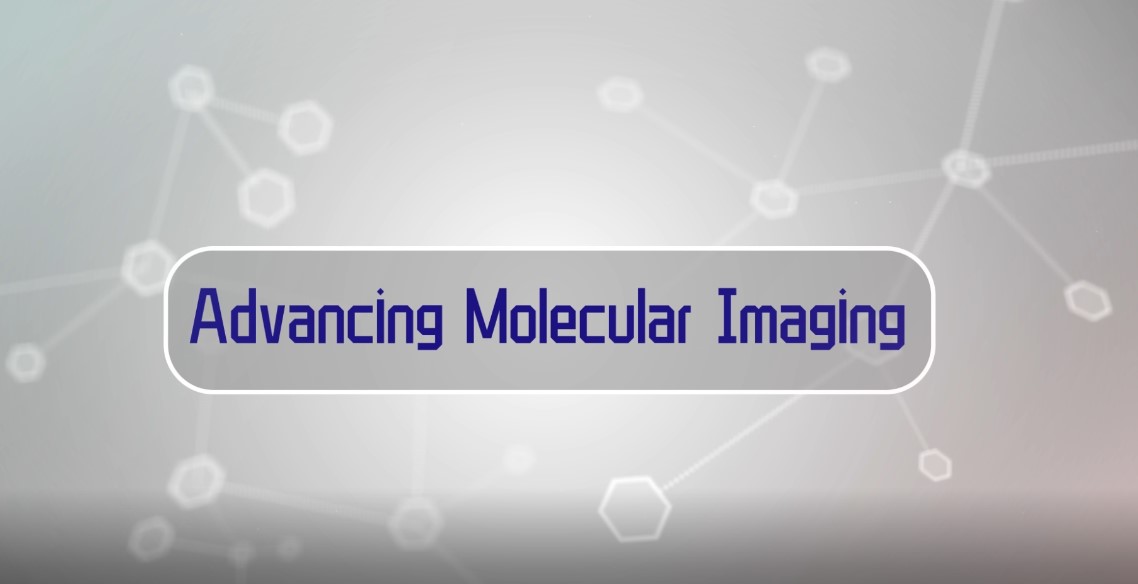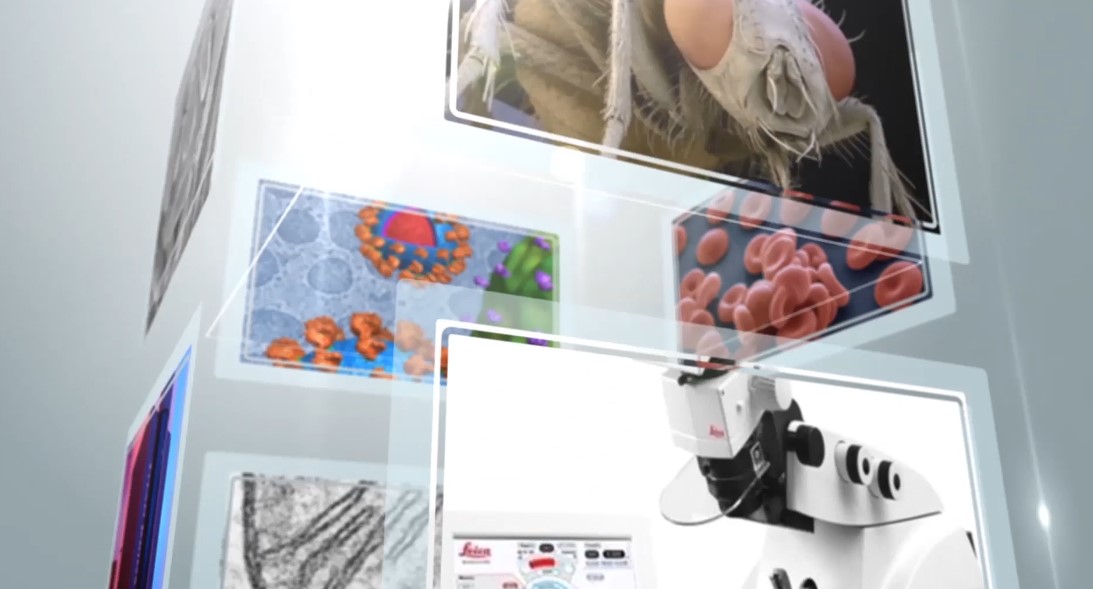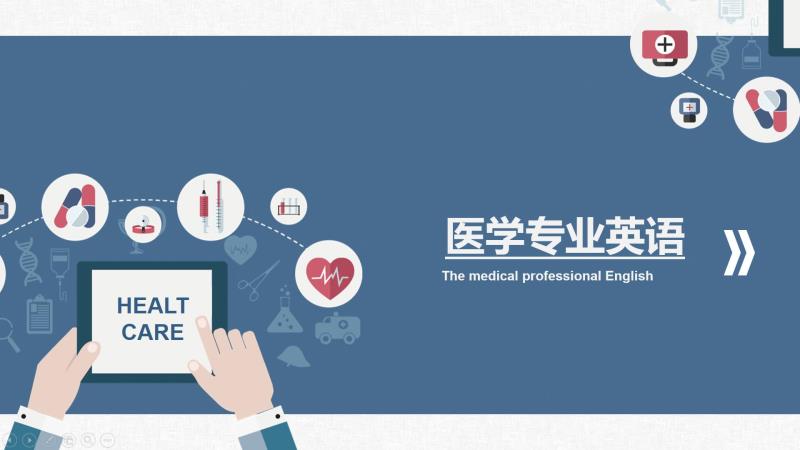
当前课程知识点:医学专业英语 > 4. Literature and Documents in Medical Sciences(医学专业不同类型文献及文件的分析) > Reading Skills for Professional Medical Literature(医学专业文献的语言特点和阅读) > Video
Hello everyone
Welcome to my class
I'm Cherry Chen
from central south university
In this part
we focus on
professional medical literature
So this is the third part
医学专业文献的语言特点与阅读
So we divide this part into three parts
professional medical literature
the definition of it
And then what are the language features
And how can we read
this kind of literatures
So what are the basic contents for it
In this part we focus on the case files
Here
the case files in the teaching materials
So this professional medical literature
is divided into two parts
One is case files
the other is answers and analysis
For the case files
we find the textural structure
is combined with case description
and questions
And then like
this kind of three questions
like
what is the most likely diagnosis
and what is the next diagnostic step
and what is the next step in therapy
And in the answers and analysis
we find this
considerations
the clinical approaches
and etiopathogenesis
and diagnosis and management
this is these two big parts
and the semi parts in it
And then let's look at the language features
we would focus on the case description
and then on the case analysis
So in the case description parts
like this
this is case one
We find a sixty five year old
right-handed man
and he is doing something
And he did something on the examination
He has something like that
So the language feature for that is
the subjects mainly are
he she his her
it its
so the personal
right
And it is usually
the article usually uses simple
present tense
And these sentences are usually
in narrative forms
是叙述体的
usually in narrative forms
And for the case analysis
some things are quite different
Like the long terms
and the compound and complex medical
noun phrases
For example
the terms are longer with prefix
roots and suffix
Look at this one
this term is
甲状腺机能亢进
you'll find hyper
thy
roid
thyroid
ism
And also
you find compound noun phrases like
an autosomal dominant genetic mutation
常染色体显性基因突变
显性
基因突变genetic mutation
And also complex noun phrases
you find modifiers
for example
the high frequency low amplitude
高频率的 低振幅的
visible tremor
可以观察得到的 tremor
tremor that occurs
后面会跟一个定语从句
that occurs primarily
when a specific posture is maintained
And also we find passive voice
For example
in this sentence
we find passive voice used a lot
Essential tremor is a clinical diagnosis
However laboratory studies can be indicated
and neuroimaging can also be indicated
if the degenerative
and structural changes
of the nervous system
are suspected
So within one sentence we find
three passive voices
right
And also we find more complicated
sentence structures
especially
we find they are used in
past participle forms
as the attributives
Here
Approximately
one half of all cases of ET
appear to occur
because of an autosomal dominant
genetic mutation
associated with a disorder
referred to as benign familial tremor
So you find associated with
like referred to
here the referred to part
is used to modify disorder
associated with
is used to modify
an autosomal dominant genetic mutation
And another feature
is about the inserting part
You would find more inserting parts
used in the sentences
like actions require fine-motor skills
so here you find this inserting part
using utensils or small tools
for example
Here including
the thalamus
And here you find
most commonly noted
in multiple sclerosis patients
right
And also commonly after
closed head injury
So how can we read this kind of literature
First
we focus
because the knowledge is mainly
in the part of case analysis
so we focus on the case analysis
and we have to get familiar
with textual structure
of medical case files
like it includes considerations
diagnosis like that
So get familiar with the structure
in the case analysis
At the same time
because the terms are longer
so you have to enlarge your vocabulary
right
And also improve
your understanding of the long
complicated sentences
So there are more
in this part
You find more long complicated sentences
First you focus on the basic structure
and then find the modifiers and to
make sure what are the logic connections
between this basic structure
and this modifier
So let's make a summary
So the general medical
case study materials
include case description
one part
and the case analysis
the other part
And for the case analysis
we find considerations
definition
etiopathogenesis
and diagnosis
management
etc
And you know the terms are longer
and sentences are more complicated
so you have to enlarge
your medical vocabulary
and improve your understanding
of the long complicated sentences
And here for this part
your assignments are still two
One is about the sample case file
No 1
and then read it
try to make an outline of it
and compare yours with your classmates
The other assignment
the other task is about
finding a case file
for your major
and read and
discuss your reading process
with your teachers
Try to get some help
if you have any problems
So that's all for this part
Thank you for joining us
-Medicine,Language,English(英语在医学实践中的地位和应用特点)
-Medical English: features and learning strategies(医学专业英语的学习策略和方法)
--Video
-学习资源
-第一章 Medical English: Features and Learnin
-Word-building(构词)
--Video
-Word Analysis (prefixes and suffixes)(单词分析(前缀和后缀))
--Video
-The body and body parts
--Video
-Systems(系统)
--Video
-Pharmacology(药理)
--Video
-Etymology for medical terms (医学词语词源学的研究)
--Video
-Symbols and abbreviations in medical language(医学实用缩略语和常用医学符号)
--Video
-术语学习——访谈
--Video
-2.Medical Literacy and Terminology (专业术语
-Top-down skill in readings:frame and process(从整体到细节的阅读策略分析)
--Video
-Inferring and referring in reading process(推断和归纳在专业阅读中的运用)
--Video
-Making notes in your learnings(学会做学习的笔记)
--Video
-Making use of reading skills in your life (阅读的类型和技巧介绍)
--Video
-批判性思维——访谈
--Video
-学习资源
--学习资源
-Critical Reading Skills
-Reading Skills for Professional Medical Literature(医学专业文献的语言特点和阅读)
--Video
-Reading skills for paragraphs in Medical Papers(医学论文的段落写作特点和阅读)
--Video
-Reading skills for Articles and Medical Journals(医学专业论文的基本阅读技巧)
--Video
-科技类文献阅读
--Video
-Reading Skills for Medical Teaching Materials(医学专业教材的语言特点和阅读)
--Video
-医学专业文献阅读——访谈
--Video
-学习资源
--html
--html
-4.基础练习1
-4.基础练习2
-4.基础练习3
-Strategies and Techniques in Doctor-patient communicatin 1(医患沟通的策略与技巧 1)
--Video
-Strategies and Techniques in Doctor-patient communicatin 2(医患沟通的策略与技巧 2)
--Video
-Strategies and Techniques in Doctor-patient communicatin 3(医患沟通的策略与技巧 3)
--Video
-Strategies and Techniques in Doctor-patient communicatin 4(医患沟通的策略与技巧 4)
--Video
-Strategies and Techniques in Doctor-patient communicatin 5(医患沟通的策略与技巧 5)
--Video
-Strategies and Techniques in Doctor-patient communicatin 6(医患沟通的策略与技巧 6)
--Video
-Doctor‐patient Communication——访谈
--Video
-5.Communication in Clinic Medicines (医学临
-Medical translation practice: from English to Chinese(医学英语汉译实用策略分析)
--Video
-Translation of traditional Chinese medical literature to English(医学文献的中译英问题研究)
--Video
-Balance and features of Chinese and English cultures in medical communication(医学交流中汉、英语言文化特点的比较分析)
--Video
-Principles and approaches:medical translation(翻译问题: 基本原则和方法)
--Video
-翻译——访谈
--Video
-6.Balance Between Chinese and English: M
-Case History writing(案例历史写作)
--Video
-应用文写作——访谈
--Video
-学习资源
--学习资源
-general introduction to academic writing(学术写作的一般介绍)
--Video
-Proposal writing(提案写作)
--Video
-Abstract writing(摘要写作)
--Video
-The path and features of Medical academic writting 1(医学论文写作的路径和特点介绍 1)
--Video
-Writing of medical literature reviews(医学文献综述的写作)
--Video
-学术写作——访谈
--Video
-写作与学术写作
-communication and Medical Study(交流和医学研究)
--Video
-Attending Professional Medical Conferences(如何参加国际会议)
--Video
-Presenting in Professional Medical Conferences(在国际专业医学会议上的展示问题)
--Video
-Attending An Academic Conference——访谈
--Video
-9.communication and Medical Study--基础训练



